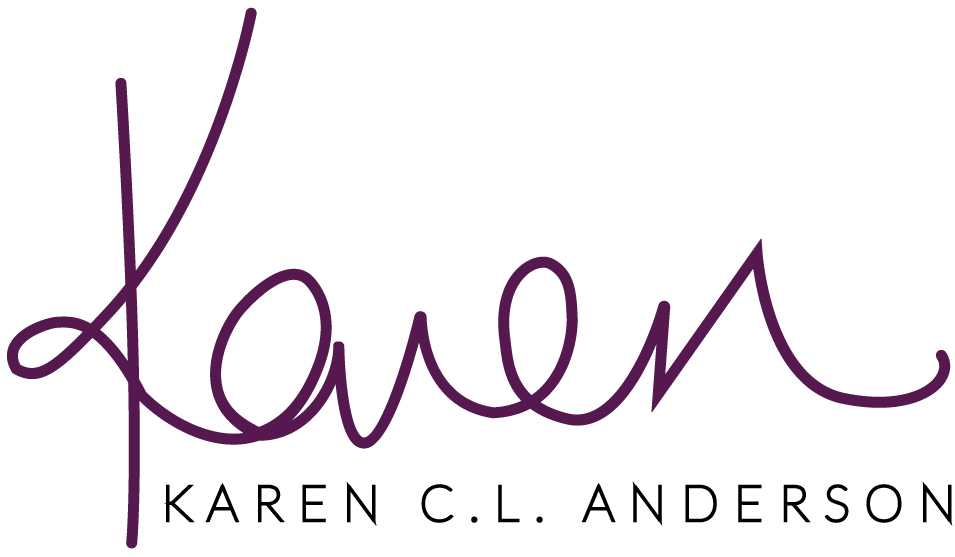What is Estrangement Here to Teach Us?
According to a Cornell University study, nearly 30% of adult children have been estranged from their parents at some point their lives. Another study conducted by the University of Wisconsin surveyed over 1000 mothers and 52% indicated they were estranged from an adult daughter.
This suggests that the number of women who struggle in their mother-adult daughter relationship (but aren’t estranged) is even higher.
I have experience on both sides: I cut ties with my mother at the end of 2010. We reconciled four years later, and then she cut ties with me. We are reconciled once again. My mother was estranged from her mother and father (who were divorced in 1980), on and off, before they died. As well, one of my husband’s three adult children has estranged themselves and their spouse and children, from us.
So I come to this work honestly and transparently. And I’ve been doing it for 10+ years.
Here are some of the things I see that get in the way of healthy mother-adult daughter relationships:
Unexamined contracts/shoulds/shouldn’ts
A lack of healthy boundaries
Unacknowledged and unresolved mental illness and trauma
Codependence and emotional enmeshment
The belief that there is something inherently irrevocably wrong with oneself: shame (this one shows up in all sorts of insidious and non-obvious ways)
Here’s the thing: none of these things are an individual mother’s fault, nor are they her daughter’s fault.
It’s not because “old people are out of touch” and nor is it “kids are so entitled these days.”
This is the water in which we’ve been swimming for centuries. It’s patriarchy. It’s misogyny. It’s white supremacy. It’s racism. It’s developmental trauma. It’s collective trauma. It’s intergenerational trauma. We’ve been taught not to trust ourselves…and if we dared trust ourselves we learned quickly that it wouldn’t end well.
In our day-to-day lives, we experience the impact of these forces and often don’t even know they’re there, so of course we don’t know what to do about them.
And they are often what sets the stage for troubled relationships and estrangement.
These forces have created a culture in which we see ourselves as lacking (there’s that insidious and non-obvious shame piece) so we better get with it and improve.
Understanding this doesn’t mean estrangement won’t happen.
It doesn’t mean “forgiving and forgetting” and pretending that abuse didn’t happen.
It doesn’t mean she will change.
It doesn’t mean never feeling sadness, regret, guilt, resentment, anger, bitterness, defensiveness, grief, overwhelm, helplessness, hopelessness, justified, righteous, indignant, or resigned.
It also doesn’t mean that there’s nothing we can do about it.
What it does is provide context and a place to start.
I want us to be curious about estrangement.
I want to challenge the idea that estrangement equals suffering forever and ever.
Not because I want people to remain estranged and nor do I have an agenda for all mothers and adult daughters who are estranged “getting back together,” but rather because I know in my bones that curiosity and acceptance can create an opening for something different.
Something unexpected. Something more authentic. More human.
It’s our resistance to estrangement and what we make it mean that closes off possibility.
“The most profound gift we can offer our children (and those we love and those who love us) is our own healing.” ~ Anne Lamott
What if estrangement (or the possibility of it) is an opportunity to know yourself in a way that wouldn’t be possible otherwise?
And what if knowing yourself in this way is what makes it possible to have healthier relationships? Of course there are no guarantees when it comes to humans, but estrangement, no matter which side of it you’re on, doesn’t have to be a permanently painful, shameful experience.
What if what we’re collectively experiencing, as painful and uncomfortable as it sometimes is, is inviting us to advance humanity?
If you’d like to talk this over with me, and learn more about how I help mothers and adult daughters, click here to set up a consult. I’d love to meet you and hear your story.
My work isn’t about self-improvement from a place of lack and shame…it’s about shedding and releasing shame that was never ours to begin with.
Much, much love,
Karen
P.S. How we heal individually is how we will heal collectively. We humans are at a tipping point. I can’t help but see parallels between the micro and the macro. Handling conflict in a healthy way is more important than ever…it’s never too late and you’re never too old.
